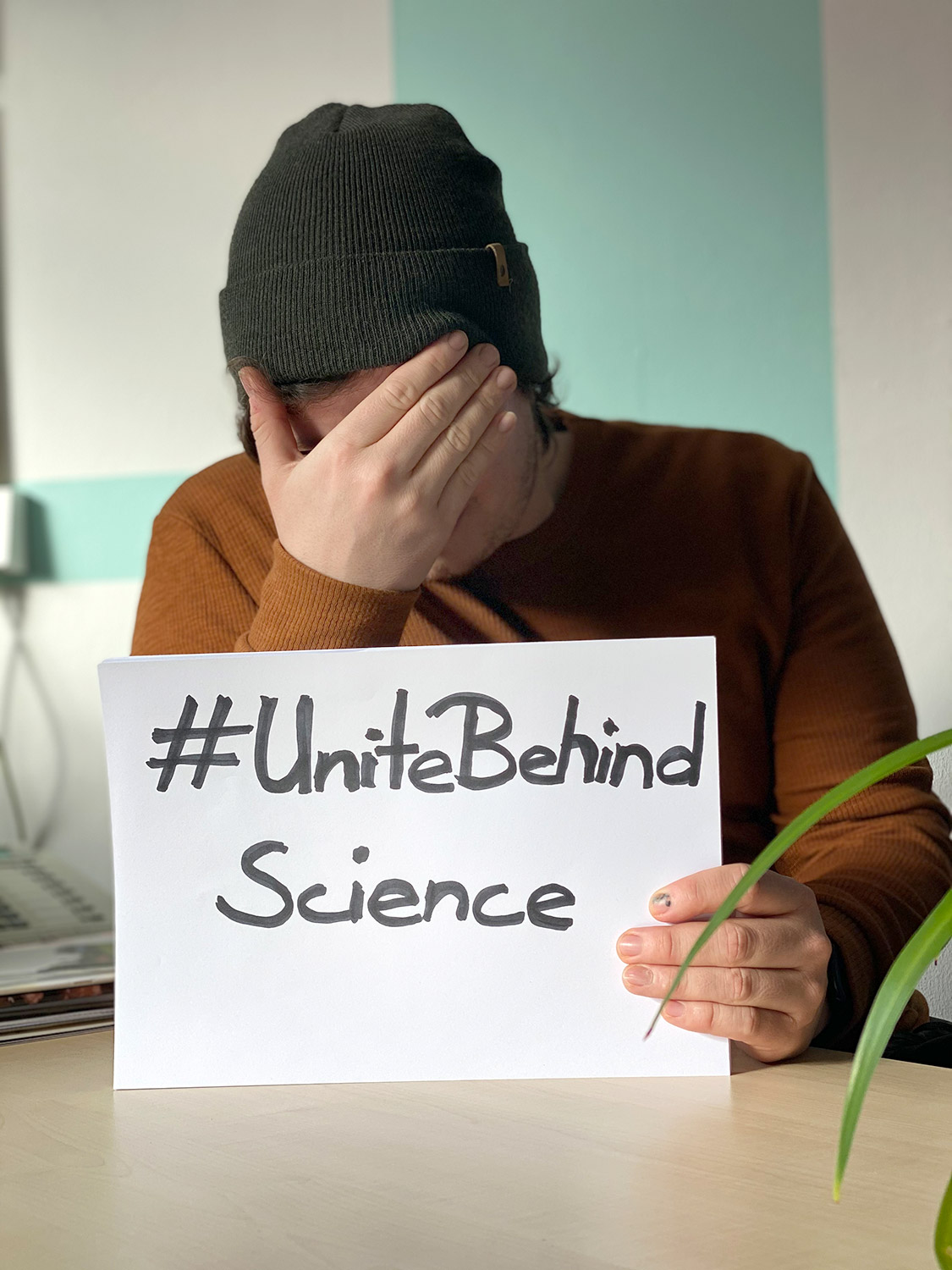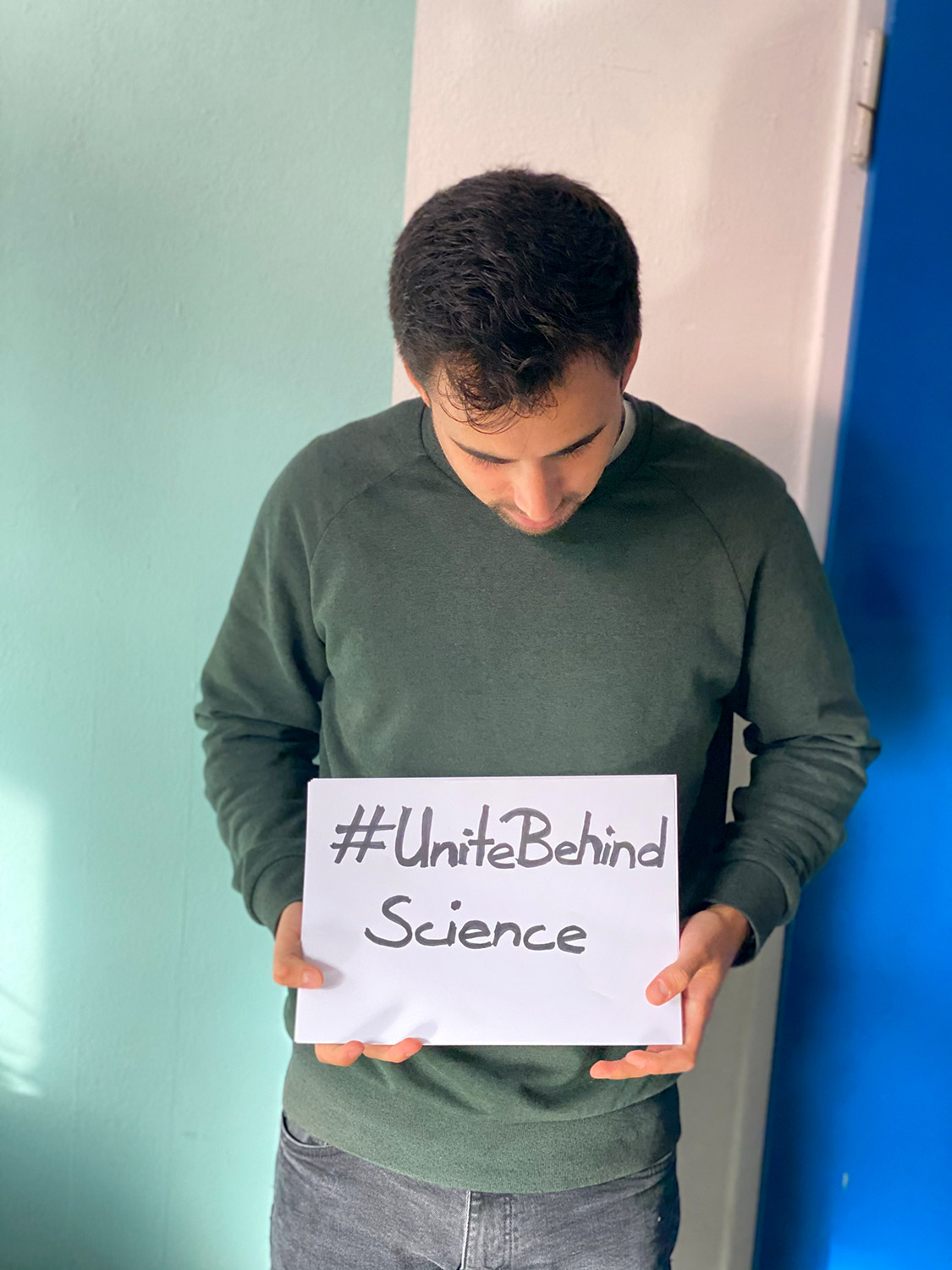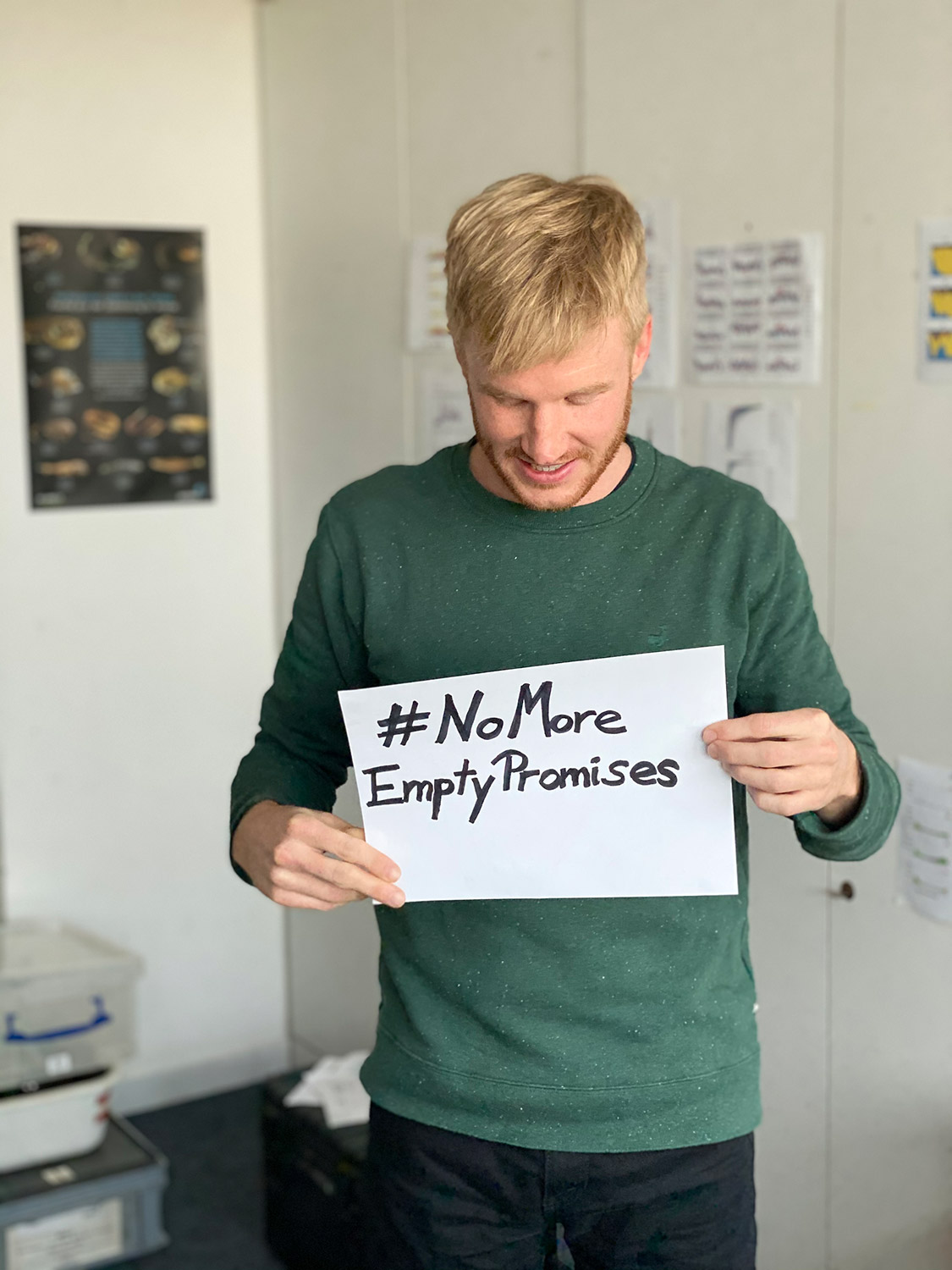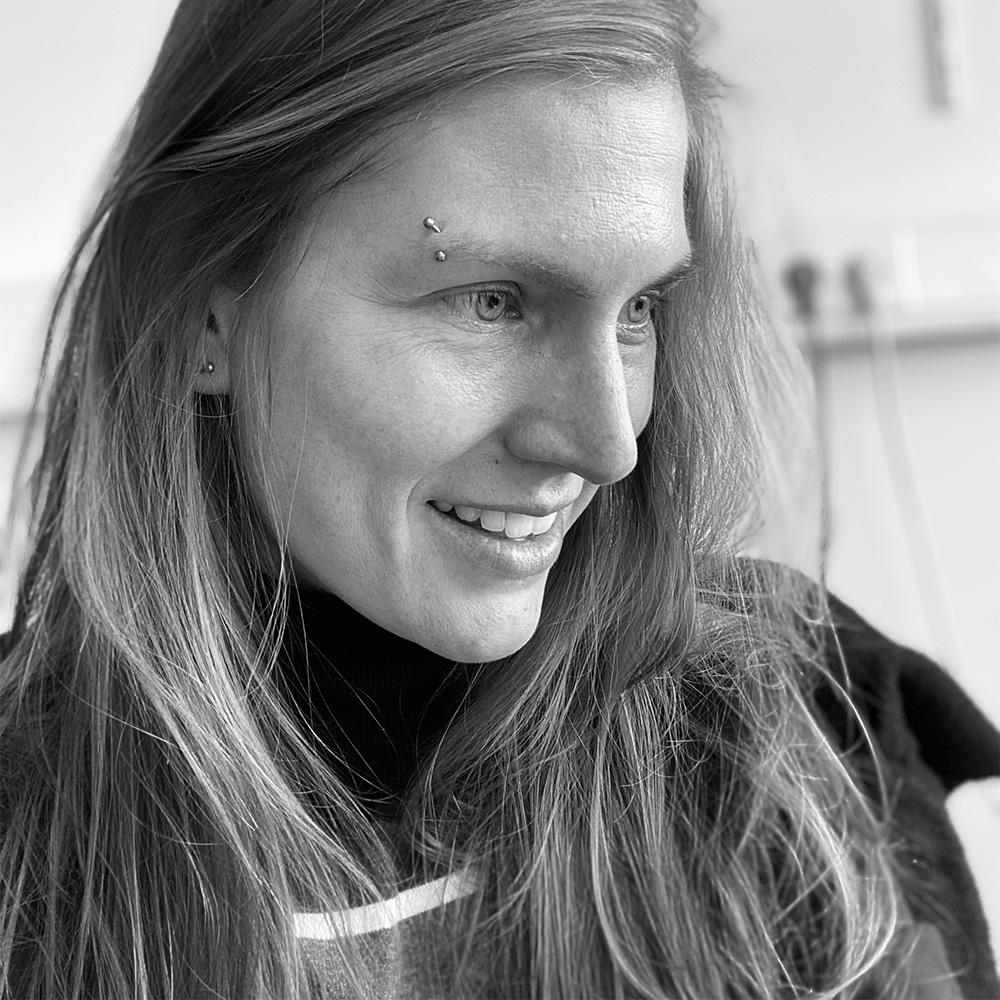On September 24, a nationwide climate strike took place on the occasion of the upcoming federal elections in Germany. In the context of the strike and the election, there was intense discussion in scientific circles about the extent to which it was now permissible to position oneself thematically politically.
The election was crucial. It would determine which parties would have the final decision-making power to still take measures that could at least ensure Germany’s share in keeping within the maximum limit of 1.5 degrees of global warming agreed upon in the Paris Climate Agreement. This was not about recommending a party. It was solely about how unambiguously one would be allowed to speak about man-made climate change and the necessity of strong measures to mitigate it. Many institutes, many scientists decided to hold back with a position.
Scientific standards as a way of life
Scientific work is determined by the idea of neutrality. The scientist should be as uninfluenced and unbiased as possible. Researchers should approach their questions with a kind of pure curiosity. Possible influencing factors due to their own expectations and biases should be excluded from the outset. And for scientific work, where precision and correctness are important, this is more than correct.
Not surprisingly, the credo eventually affects one’s attitude. So much so that some scientists are convinced: “If I make my results available to people, such as politicians or society, then they have to decide what to make of them.” Almost as if they, as scientists, play an uninvolved role in this system. The knowledge procurer, so to say, who provides data, but does not have to put it into context, nor has an own code of values. As if there were a neutral behavior within the framework of one’s own profession, in which one could withdraw to a completely opinion-free, value-free, emotion-free meta-level.
People are different. Many scientists position themselves very well; see Scientists for Future. And if they don’t, on the one hand that is also their free decision. But now we come to the problematic part of this behaviour, the other side: There is no such thing as neutrality in life. People are always preconceived, and science is always ethical.
Our decisions, including decisions not to do something, affect others. So when we choose to remain silent and hold back, we are in effect giving the benefit of the doubt to other voices that are not necessarily more correct. Or we allow uninformed people to listen to those voices. Or we evade a particularly urgent and groundbreaking current discussion and abdicate responsibility, while giving ourselves the impression that we “only” want to be neutral; in a world that is never neutral.


How clearly can I position myself as a scientist? This is a big question in the world of research.
Science and ethics – a tightrope walk
As a doctor, I am obliged to help in an emergency, instead of just putting a book about human anatomy next to the affected person. As a scientist, am I then not also obliged to classify my knowledge for other people and to formulate a comprehensible conclusion from it, instead of just putting my data into empty space?
In plain language: If I know, with all the results and findings available to me, that man-made climate change is real and damaging, that it is making this planet unpleasant to uninhabitable for a large number of living beings, and that it will soon be unstoppable if industry and politics continue as they have been doing up to now, do I not have a moral responsibility to state this clearly?
There are different facets to this thought. My colleague from project CUSCO replies to my question why many scientists retreat to a supposed neutrality, that as a scientist, if you lean too far out of the window, you can also be discredited. Used as a dramatic counter-position. Because such a media scenario generates clicks, reach and attention. And that it is therefore perhaps not always so easy with the statements.
And of course, that you are taught from the beginning of your studies that only a neutral scientist is a good scientist. This is strived for as the highest goal throughout the entire scientific life, so that later it becomes more difficult to feel comfortable with strong positions. Or to endure the tightrope walk between private and professional statements. Because, of course, it is not always clear.
Well, and it’s just easier to wash one’s neutral hands, so to speak, of responsibility – somewhat provocatively put. If I see myself only as a procurer of knowledge, I do not feel responsible for the consequences of my research, or of my non-statements. After all, that is what “society” wants. Even if society perhaps does not have my background and overview to be able to assess the whole thing meaningfully. Even if society has already decided via the Paris Climate Agreement that measures against climate change should be given the highest priority. Even though, as a scientist, I myself am part of society, along with the responsibility that goes with it. And furthermore, society and its representatives are made up of individuals with strong individual interests, who may not have the best development for all in mind. Which brings us back to the ethical responsibility of science.


Being a scientist cannot be equated with scientific work. The latter requires neutrality; the former courage to make a statement.
Plea for more courage for clarity
Of course, there’s a difference between voting for a certain party in my private life and standing in front of the camera in my professional life and talking about my results. But that’s exactly the separation I can make. I even have to do it.
And if the relevant scientific findings are that measures must be taken immediately and action must be taken consistently, because otherwise tipping points will be reached that can no longer be reversed, and that climate change is overshadowing other issues, as important as they may be, then I can, may and must present precisely this finding publicly, as a scientist, as an institute. Because others have to be able to orient themselves by science; and for this, well-founded statements are necessary. And because the concealment of this clarity, which is supported by an overwhelming consensus of over 97% of climate scientists and backed up by various studies, would actually represent a truly emotional and value-influenced positioning in the first place.
Scientific work is not political, scientists are –- and are allowed to be. As a scientist, I don’t just collect neutral data; I make findings and their relevance for our world tangible and visible. And from that point on it is also part of my responsibility to put this knowledge into context. As an institute, I have this responsibility even more. As long as I separate private party recommendations from scientifically based statements, that’s okay. Ultimately, placing scientific knowledge in a political world is somehow also my scientific mission. Even if it may feel challenging at first.

Author: Ann Kristin Montano
Former scientist who worked long enough in other fields to build up stereotypes about scientists. Now enjoys working among scientists to break down the stereotypes. Welcomes other opinions on how much or how publicly people should take positions in science.